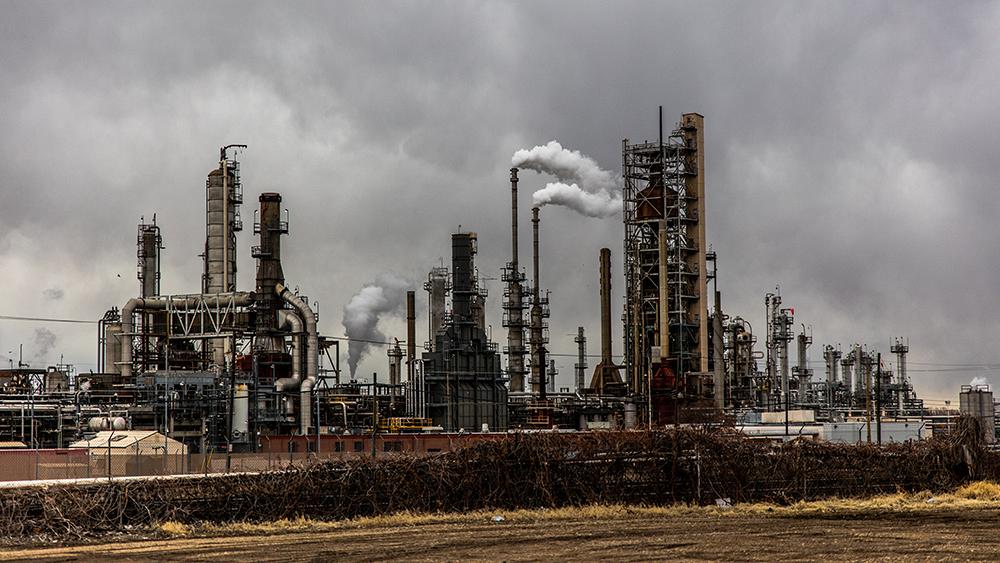
The world’s richest 10% were responsible for more than half of cumulative carbon emissions in the quarter-century to 2015, according to new estimates.
Oxfam International and the Stockholm Environment Institute made the claim in a new report published on Monday (September 21).
It says the climate crisis is being driven by the accumulation of CO2 in the atmosphere over time, meaning that the drop off of emissions during the coronavirus lockdowns are unlikely to make a major difference.
Looking at the 1990-2015 period, the report claims the world’s richest 10% was responsible for 52% of cumulative emissions.
Meanwhile, the richest 1% produced 15% of CO2. That is more than double the 7% the poorest half of the planet’s population is responsible for, according to the estimates.
The report said the top 10% have depleted the global carbon budget — the maximum amount of emissions that can be added while respecting the Paris Agreement’s 1.5℃ goal — by nearly a third.
While the coronavirus lockdowns have granted some relief, they calculated the 1.5℃ global carbon budget will be fully depleted by 2030.
“The inequality is such that the richest 10% alone would fully deplete it by just a few years later, even if everyone else’s emissions dropped to zero tomorrow,” the report read.
“Poorer and marginalised people already struggling with climate impacts (…) and future generations” have been identified as the two groups that are the most affected by this injustice, Oxfam noted, while being “those least responsible for the climate crisis”.
Transport is a major cause, according to the report. Air and land travel accounted for more than half of total CO2 emissions for the EU’s richest 1%.
The report recommends governments implement wealth taxes, end the tax-free status of aircraft fuel, invest to improve energy efficiency and housing while ensuring it benefits women and low-income and marginalised groups.
“Even as renewable technologies become a viable part of our energy future, the global carbon budget remains a precious natural resource. Our socio-economic and climate policies should be designed to ensure its most equitable use,” wrote the Stockholm Environment Institute in their own joint research report.
 RSS Feed
RSS Feed















 September 22nd, 2020
September 22nd, 2020  Awake Goy
Awake Goy  Posted in
Posted in  Tags:
Tags: 













